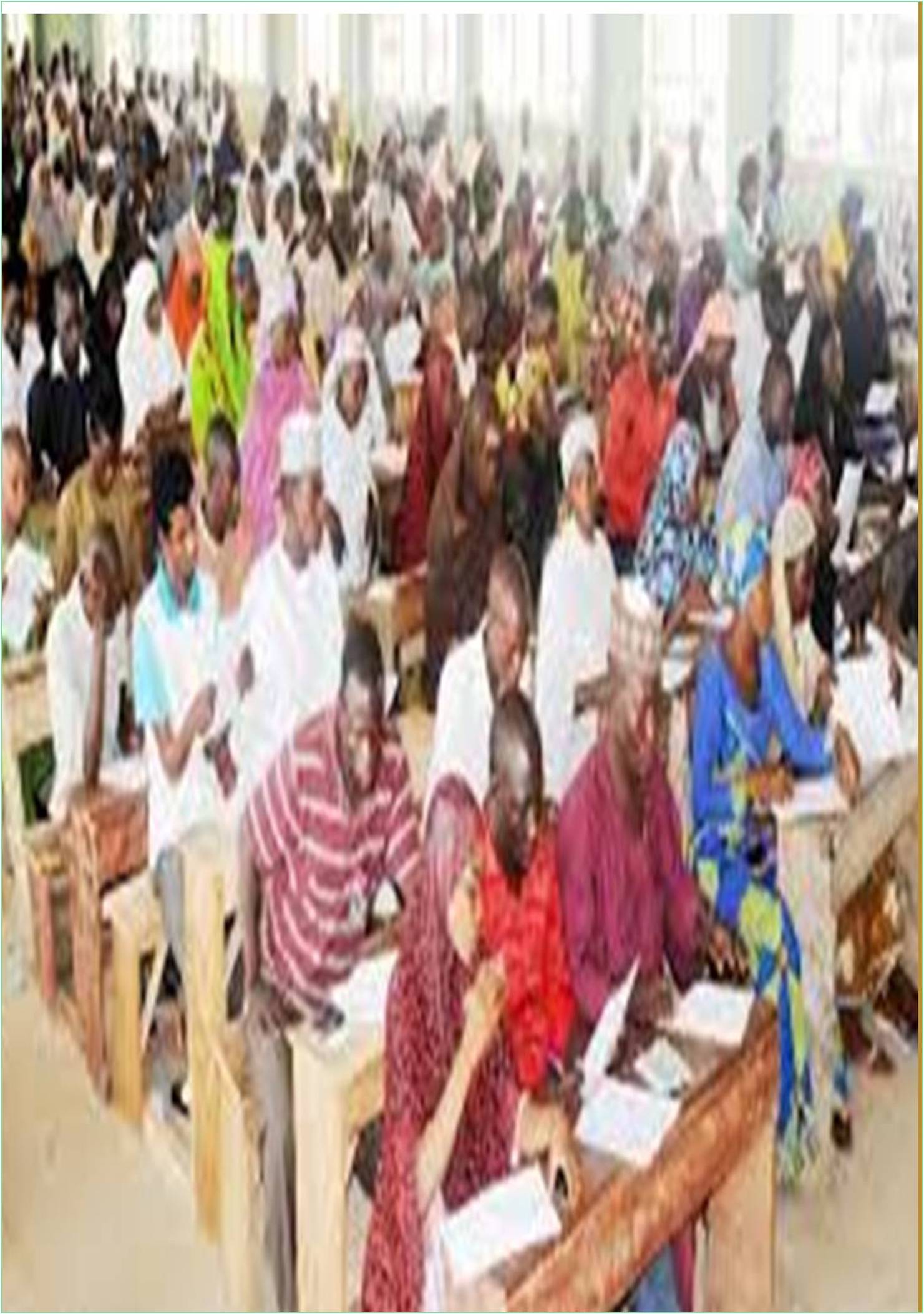



Received: 10-Jun-2021 Published: 01-Jul-2021
Adult education:
When we think of education, we usually associate with the formal education of children, adolescents, and young people. Although they are the primary beneficiaries of education under international human rights law, adults are also recognized rights holders. The right is, like all other human rights, universal and applies to everyone, irrespective of age.
Type of adult education can be classified as follows:
• Education for vocational, technical, and professional competence. (Such education may aim at preparing and for a first job or for a new job or it may aim at keeping him up to date on new developments in his occupation or profession.)
• Education for health, welfare and family living. (Such education includes all kinds of education in health, family relations, consumer buying, Planned Parenthood, hygiene, child care, and the like.)
• Education for civic, political, and community competence.
• Education for “self-fulfillment”. (Such education embraces all kinds of liberal education programs: education in music, the arts, dance, theatre, literature, arts and crafts, whether brief or long-term. These programs aim primarily at learning for the sake of learning rather than at achieving the aims included in the other categories. )
• Remedial education: fundamental and literacy education. (Such education is obviously a prerequisite for all other kinds of adult education
And thus, as a category, stands somewhere apart from the other types of adult education.).
In reference to the fifth category, adults frequently need to compensate for inadequacies of earlier education. If these inadequacies are not reminded, they inhibit resources to modes of education that are “adult”-adult, that is, in terms of sophistication in modern society and not in terms of age.
Such remedial education is required most extensively in societies changing rapidly from subsistence’s to an industrial economy and concurrently changing politically and socially. Mass literacy acquires a new importance in these nations of Asia, Africa, and Latin_ America, and the establishment of universal primary education becomes a social imperative
Workforce training program:
Every state offers adult education programs that provide basic math, English, reading and job skills training to students who want to enter the workforce or advance their careers. Adult education programs are typically free and offered through secondary schools and state-running training centers.
These programs usually offer classes to help students earn their high school equivalency diplomas. Courses cover such subjects as:
• English as a second language
• English literacy
• Business
• Math
Most adult education schools also offer entry-level training in professions such as office administration, health care and computer operations. Other programs include personal enrichment classes focusing on topics like music, art, cooking and parenting